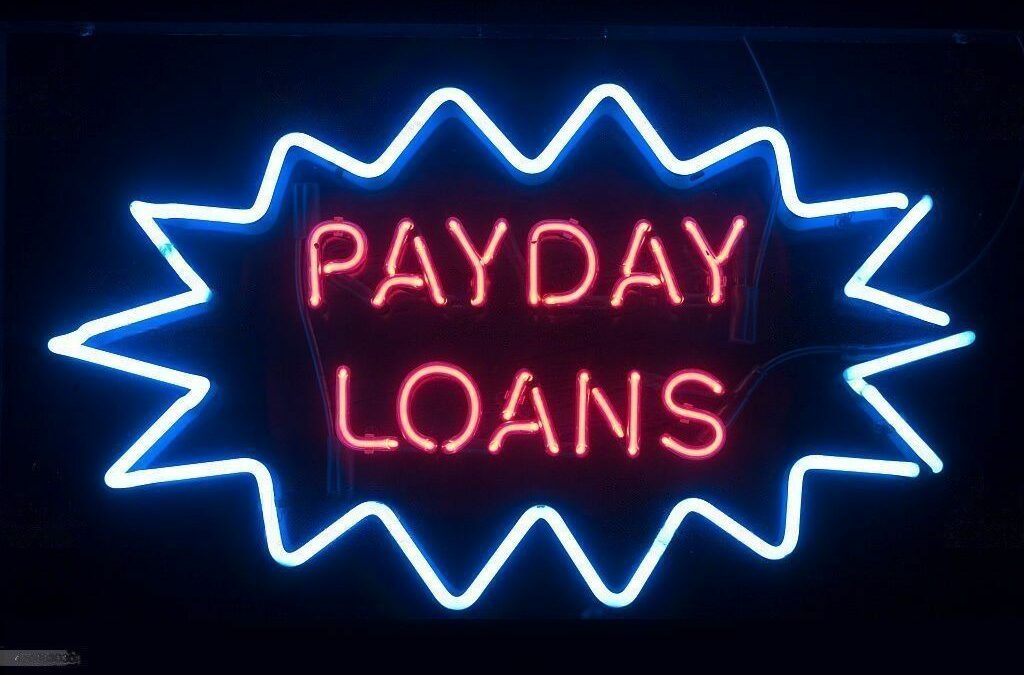Let us start with what exactly is a payday loan. Further moving on, we will see the $1000 payday loan cost. Read further to know everything in detail!
What is a payday loan?
While there isn’t a single definition for a payday loan, they are typically high-cost, short-term loans of $500 or less, typically due on your next paycheck. Depending on state regulations, they may obtain payday loans online or through brick-and-mortar lenders.
Some typical characteristics of a payday loan:
- Many states have a cap on the size of payday loans, and the loans are for relatively small sums. The typical loan limit is $500, but there are also limits above and below this figure.
- On the borrower’s following payday or when money is obtained from another source, like a pension or Social Security, a payday loan is often repaid in a single payment. Usually, the loan’s due date is two to four weeks after the loan’s origination date. The payday loan agreement specifies the precise due date.
- You typically have two options for paying back a loan: either you write a post-dated check for the entire amount, plus fees, or you give the lender permission to deduct the money from your bank electronically, credit union, or prepaid card account. If you don’t pay back the loan by the deadline, the lender may cash your check or take money out of your account electronically.
- A payday lender typically will only consider your ability to repay the loan while still fulfilling your other financial responsibilities.
- You may get the loan proceeds in cash, by cheque, electronically into your account, or pre-loaded onto a prepaid debit card.
- The terms of other loans can change. For instance, payday loans are frequently designed to be repaid in a single lump sum. When a loan is about to become due, some state laws allow online lenders to “roll over” or “renew” it so that the borrower only pays the due fees and the loan’s due date is postponed. Payday loans can occasionally be set up so that they must be repaid over a more extended period in installments.
Is a $1000 payday loan with poor credit score right for me?
A payday loan might be a good choice if you have an unexpected bill or expense, such as a medical bill, vet bill, or car repair bill.
While the typical loan is between $300 and $500 and is paid back in less than a month, a $1000 payday loan might be a better choice if the emergency or seriousness of the bill makes it more critical.
Your state of residence, as well as personal factors like your credit score and place of residence, might have an important impact on the APR for a payday loan. While the maximum APR for payday loans in some areas is 36%, it can be as high as 300-600% in others.
What Does a $1000 Payday Loan Cost?
After one month, three months, and six months, $1,000 payday loans cost $1100, $1206.33, and $1377.66, respectively.
Because payday loans are unsecured, they are frequently expensive, and lenders must frequently make up for a high default rate.
The loan interest is calculated as though it lasted a year, even though it typically only lasts a few weeks or months, which results in a high APR.
If you cannot make your payments on time, you risk accruing more late fees, paying more interest, and having your credit score suffer.
Why are Payday loans expensive?
Payday loans can become very expensive and seriously strain your finances if you use multiple ones, fall behind on payments, or use “top-ups” (also known as rollovers).
Payday loans can be beneficial, but you should always plan your repayment strategy to avoid future debt or late payments.
This has nothing to do with the interest rate; it is just what it costs for someone to walk in and say “I’d like to borrow $200, please,” and for you to decide whether to lend it to them. This has nothing to do with the interest rate; rather, it represents the cost of having someone walk up to you and request a $200 loan before you can decide whether to grant it.
The $10 they borrow for two weeks represents 5% of the loan. However, everyone now determines that loan fee as an annual fee or as an APR. That fee would be assessed 26 times if the money were rolled over 26 times to equal the 52 weeks in a year. Even without compounding, the APR rises to 130%.
We have an APR of 130% even though nobody has been charged any interest up to this point.
Anyone who gives the matter some thought will realize this much. We are adding a fixed fee that is charged for a brief period up into an APR is one reason the APRs are so high. That is how APR is calculated.
What Takes Place If You cannot Repay a Payday Loan?
This is when the payday loan cost increases if you cannot make your installments. The overall balance begins to rise because of late fees and additional interest. It will also negatively affect your credit score, making it difficult to get financing in the future.
Therefore, you should always think about how you will repay your loan on time to avoid any legal action and additional fees.
Wrapping up On Payday cash loan!
Welcome, Money Wise! We are here for all your payday loan and bad credit loans situations. Our goal is to create consumer financial markets that benefit consumers, ethical suppliers, and the economy. You are more than welcome for all such related queries. Contact us today and get your issues resolved.


